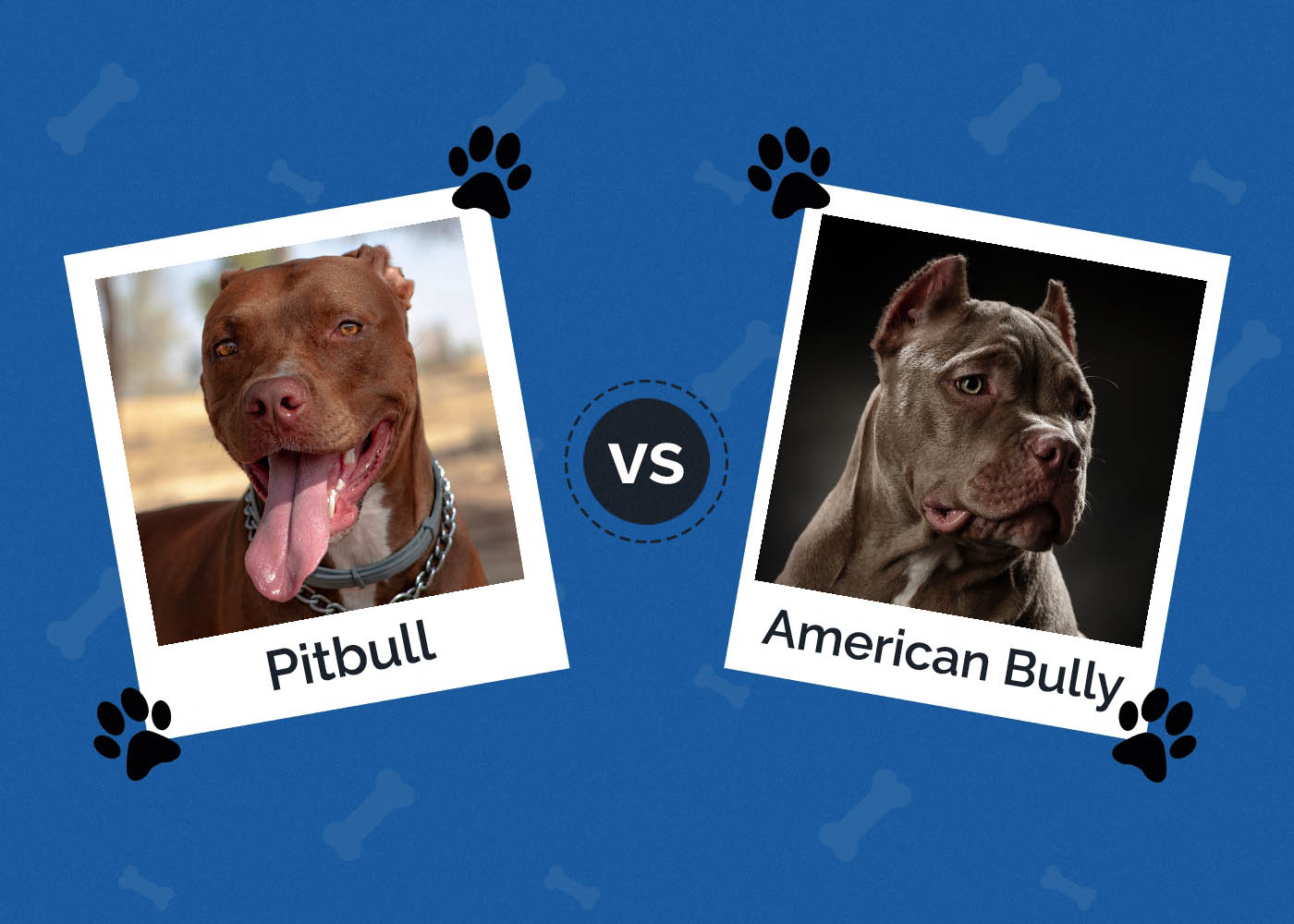When you hear the name Pitbull, you instantly think of a Latin superstar who’s taken the world by storm. But have you ever wondered about Pitbull’s ethnic background? Beyond the music, the energy, and the charisma lies a rich cultural tapestry that defines who he is as an artist and a person. In this article, we’ll dive deep into Pitbull’s roots, exploring his Cuban-American heritage, family history, and how his background has shaped his music and career.
Pitbull, whose real name is Armando Christian Pérez, is more than just a rapper or entertainer. He’s a cultural ambassador, a businessman, and a symbol of Latin pride on a global stage. But before he became the “Mr. Worldwide” we know today, Pitbull’s journey began in the vibrant streets of Miami, Florida, where his Cuban roots played a pivotal role in shaping his identity.
This article isn’t just about Pitbull’s music or fame. It’s about understanding the man behind the microphone, the cultural influences that have guided his career, and why his ethnic background matters. So, buckle up, because we’re about to uncover the untold story of Pitbull’s heritage.
Read also:Take A Look At The Report That Has Sparked A Debate Around Pricing Of Pharmaceuticals
Who is Pitbull? A Quick Bio
Before we dive into Pitbull’s ethnic background, let’s take a moment to introduce the man himself. Pitbull, born Armando Christian Pérez on January 15, 1981, in Miami, Florida, is one of the most recognizable names in the music industry. Known for hits like “Give Me Everything,” “I Know You Want Me (Calle Ocho),” and “Timber,” Pitbull has become a household name across the globe.
But Pitbull isn’t just a musician. He’s also an entrepreneur, a philanthropist, and a cultural icon. His rise to fame wasn’t just about talent; it was about authenticity, hard work, and staying true to his roots. And those roots, as we’ll soon discover, are deeply tied to his Cuban-American heritage.
Let’s break it down in a quick table:
| Full Name | Armando Christian Pérez |
|---|---|
| Birthdate | January 15, 1981 |
| Birthplace | Miami, Florida |
| Ethnicity | Cuban-American |
| Profession | Rapper, Singer, Entrepreneur |
Exploring Pitbull’s Cuban-American Roots
Pitbull’s ethnic background is a blend of Cuban heritage and American culture, a combination that has defined his music and persona. Growing up in Miami’s Little Havana neighborhood, Pitbull was surrounded by the sounds, flavors, and traditions of Cuba. His parents, both Cuban immigrants, instilled in him a strong sense of pride in his roots.
Pitbull’s Parents: The Foundation of His Heritage
Pitbull’s father, José Pérez, was a musician and a political activist who played a significant role in shaping Pitbull’s musical tastes. José was involved in the Cuban exile community and often performed at local events, exposing young Armando to the rich sounds of Latin music from an early age.
On the other hand, Pitbull’s mother, Gloria Fajardo, worked as a seamstress and was a devout Catholic. She taught Pitbull the importance of family, faith, and perseverance. Together, José and Gloria provided the foundation for Pitbull’s cultural identity, instilling in him a love for both his Cuban heritage and his American upbringing.
Read also:Uk Banks Accused Of 12 Billion Tax Fraud Europes Largest Financial Scandal
Pitbull’s Cultural Identity
Pitbull’s ethnic background is more than just a label; it’s a central part of who he is as an artist. His music often reflects the duality of his identity, blending Latin rhythms with hip-hop beats to create a sound that’s uniquely his own.
How His Background Influences His Music
If you listen closely to Pitbull’s songs, you’ll notice the influence of his Cuban roots. From the use of traditional instruments like the congas and bongos to the incorporation of Spanish lyrics, Pitbull’s music is a celebration of his heritage. But it’s not just about the music; it’s about the message. Pitbull often uses his platform to promote unity, diversity, and cultural pride.
Take, for example, his hit song “Give Me Everything.” The track features a blend of Latin and pop influences, showcasing Pitbull’s ability to bridge cultural gaps and bring people together through music. It’s this ability to connect with audiences from all walks of life that has made Pitbull a global phenomenon.
The Impact of Pitbull’s Ethnic Background on His Career
Pitbull’s Cuban-American heritage has played a significant role in his career, shaping not only his music but also his business ventures and philanthropic efforts. Let’s break it down:
Music
- Pitbull’s music often incorporates elements of Latin music, making him a trailblazer in the Latin hip-hop genre.
- His ability to seamlessly blend Spanish and English lyrics has helped him appeal to a diverse audience.
Business
- Pitbull has leveraged his cultural identity to build a successful brand, partnering with companies like Bacardi and launching his own fragrance line.
- His entrepreneurial ventures often reflect his Cuban-American roots, emphasizing family, community, and hard work.
Philanthropy
- Pitbull is deeply involved in charitable work, particularly in supporting education and music programs for underprivileged youth.
- His foundation, The Pitbull International Foundation, focuses on providing opportunities for children in underserved communities.
Pitbull’s Role as a Cultural Ambassador
As a Cuban-American artist, Pitbull has taken on the role of cultural ambassador, promoting Latin culture on a global stage. Through his music, collaborations, and public appearances, Pitbull has helped bring Latin music and culture to the forefront of the entertainment industry.
Collaborations with Latin Artists
Pitbull has collaborated with numerous Latin artists, including Enrique Iglesias, Ricky Martin, and Shakira. These collaborations have not only elevated his career but have also helped to promote Latin music worldwide.
Breaking Barriers in the Music Industry
Pitbull’s success has paved the way for other Latin artists to break into the mainstream music industry. By proving that Latin music can appeal to a global audience, Pitbull has opened doors for future generations of Latin artists.
Challenges Faced by Pitbull as a Cuban-American Artist
While Pitbull’s ethnic background has been a source of strength and inspiration, it has also presented challenges. As a Cuban-American artist in the predominantly Anglo-American music industry, Pitbull has had to navigate issues of identity, representation, and cultural appropriation.
Identity and Representation
Pitbull has often spoken about the importance of representation in the music industry. As a Cuban-American artist, he feels a responsibility to represent his community and ensure that Latin voices are heard.
Cultural Appropriation
Pitbull has been both a victim and a critic of cultural appropriation. He has spoken out against artists who borrow elements of Latin culture without giving credit to their origins. At the same time, Pitbull has been accused of appropriating other cultures in his own music. It’s a delicate balance that Pitbull navigates with grace and authenticity.
Pitbull’s Influence on Modern Music
Pitbull’s impact on modern music cannot be overstated. Through his unique blend of Latin and hip-hop influences, Pitbull has helped to redefine what it means to be a global artist. His success has paved the way for other Latin artists to achieve mainstream success, and his collaborations have brought Latin music to new audiences.
Key Collaborations
- Pitbull’s collaboration with Kesha on “Timber” was a massive hit, showcasing his ability to crossover into pop music.
- His work with Jennifer Lopez on “On the Floor” helped to solidify his status as a Latin music powerhouse.
Pitbull’s Legacy
As Pitbull continues to evolve as an artist and entrepreneur, his legacy as a Cuban-American icon grows stronger. Through his music, business ventures, and philanthropic efforts, Pitbull has become a symbol of Latin pride and cultural diversity.
What the Future Holds
Pitbull shows no signs of slowing down. With new music, business ventures, and charitable projects on the horizon, Pitbull is poised to continue his impact on the global stage. His ability to connect with audiences from all walks of life and his commitment to promoting cultural pride ensures that his legacy will endure for generations to come.
Conclusion
Pitbull’s ethnic background is more than just a footnote in his biography; it’s the foundation of his identity as an artist and a person. From his Cuban-American roots to his global success, Pitbull’s journey is a testament to the power of authenticity, hard work, and cultural pride.
So, the next time you hear Pitbull’s music, take a moment to appreciate the rich cultural heritage that informs his artistry. And if you haven’t already, consider exploring more of his work to discover the full depth of his talent and influence.
Now, it’s your turn. Have you been inspired by Pitbull’s music or story? Leave a comment below and let us know what you think. And don’t forget to share this article with your friends and family!
Table of Contents
- Who is Pitbull? A Quick Bio
- Exploring Pitbull’s Cuban-American Roots
- Pitbull’s Parents: The Foundation of His Heritage
- Pitbull’s Cultural Identity
- How His Background Influences His Music
- The Impact of Pitbull’s Ethnic Background on His Career
- Pitbull’s Role as a Cultural Ambassador
- Challenges Faced by Pitbull as a Cuban-American Artist
- Pitbull’s Influence on Modern Music
- Pitbull’s Legacy


